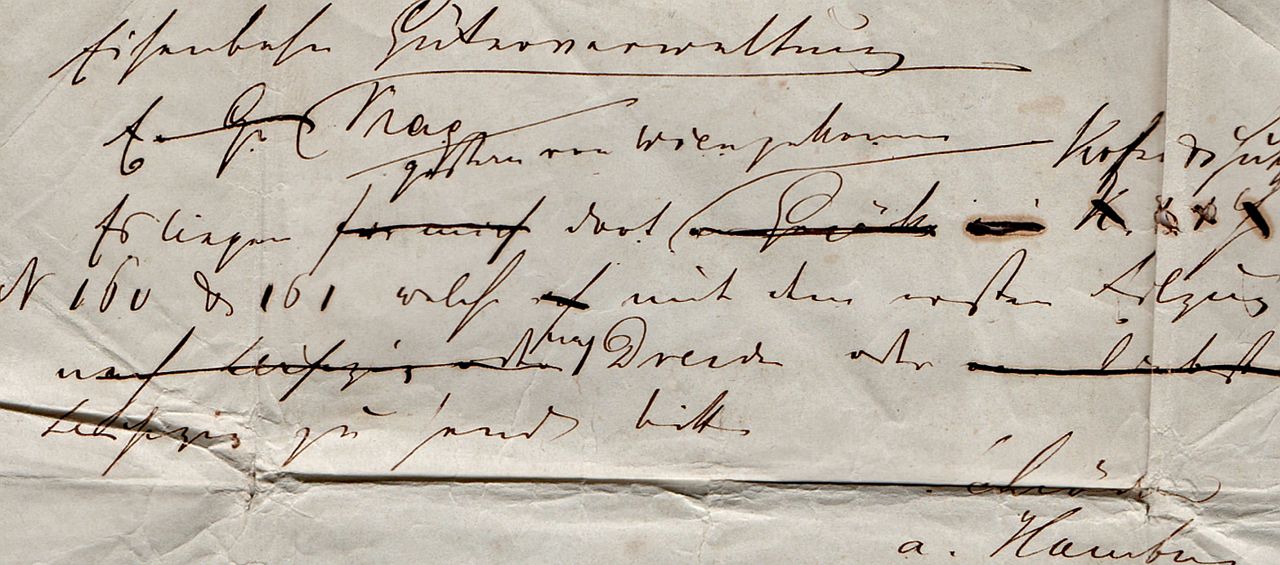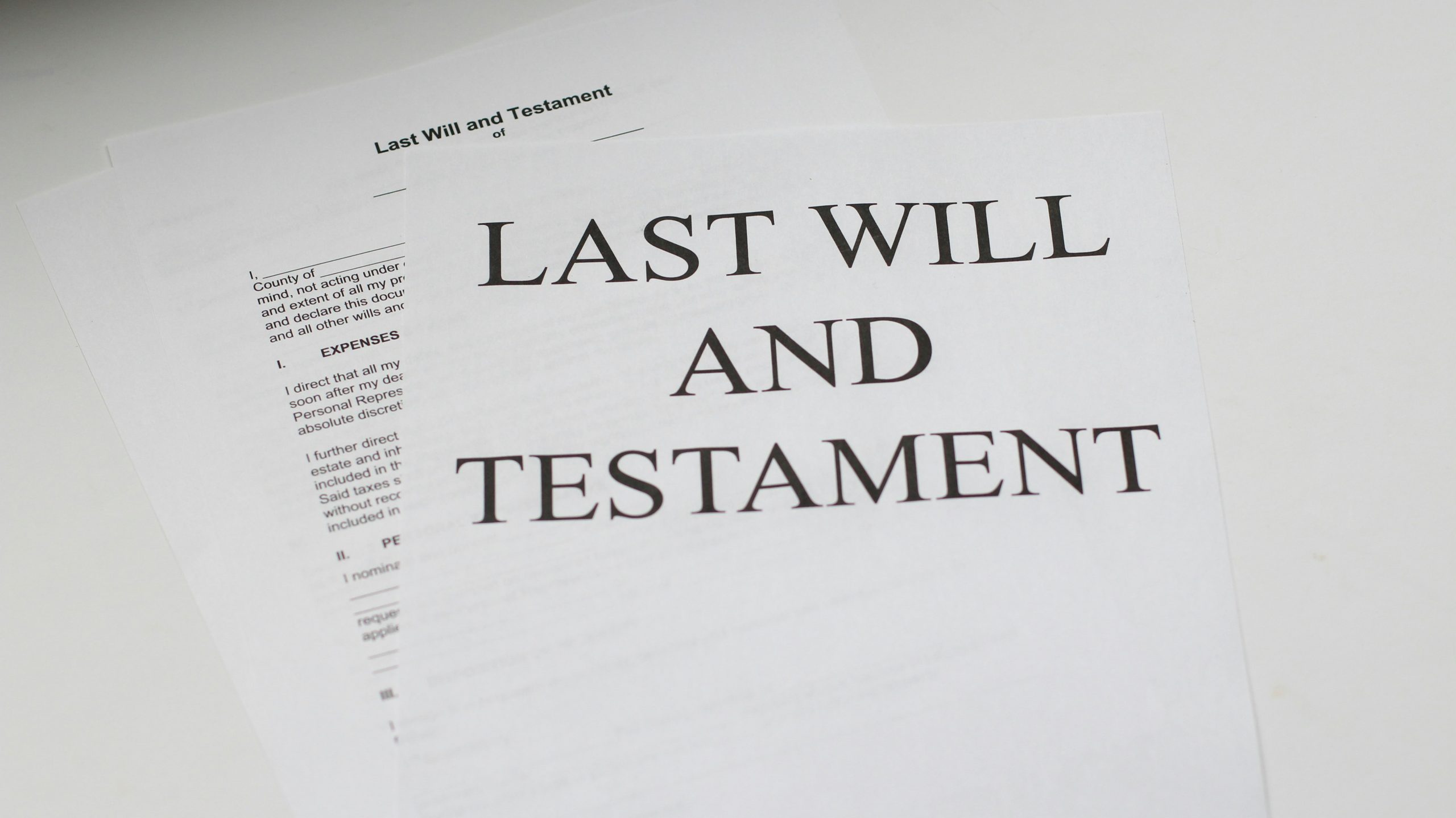If you are putting in place or reviewing your estate plan it might be beneficial for you to consider incorporating a testamentary trust in your Will.
Not only do these types of structures offer potentially significant tax and financial advantages for your loved ones but a testamentary trust can also be used as a tool for protecting your assets.
What is a testamentary trust?
Unless you have had prior experience with a trust structure, the idea of a testamentary trust can seem quite complex and confusing. A trust is where someone else holds an asset on your behalf for the benefit of a beneficiary. This may sound strange but it is quite common practice in the law. A testamentary trust is a trust created in your Will that comes into effect in the event of your death. Instead of a gift passing directly to a beneficiary (or beneficiaries) in your Will, the gift instead passes to another person (a Trustee) to hold on trust for the benefit of that beneficiary.
The Trustee’s role is to manage the trust on the terms that you set out in your Will. Duties may include investing the assets owned by the trust and making distributions of income to the
beneficiaries.
A testamentary trust can last up to 80 years after your death but you can choose to have it end sooner or even leave this decision to the Trustee.
Discretionary v Protective trusts
The two most common types of trusts used in Wills are Discretionary Trusts and Protective Trusts. Depending on your goals, some trusts may be a combination of both.
Discretionary Trusts
These types of trusts are usually incorporated into your Will with the main purpose of minimising future taxation for the beneficiaries of your estate, but allowing the beneficiary to still
retain complete control over their inheritance. Some of the common features of a discretionary trust are:
- The Primary Beneficiary has an option to have their inheritance held on trust
- The Primary Beneficiary has control over the appointment of the Trustee including the ability to appoint themselves
- Whether there are a wide range of beneficiaries who are eligible to receive income or capital from the trust
- The Trustee has the complete discretion to distribute income and capital to any of the beneficiaries of the trust as they think fit.
Protective Trusts
These types of trusts are usually incorporated into your Will with the main purpose of protecting your assets after your death. They are commonly used where the beneficiary has an intellectual disability or there are circumstances where there is a risk of wastage by the beneficiary. Some of the common features of a protective testamentary trust are:The Primary Beneficiary has limited or no control over the appointment of the Trustee and they are not eligible to be appointed themselvesThere is an independent person appointed as Trustee of the trustThe Trustee has the complete discretion to distribute income and capital to any of the beneficiaries of the trust as they think fit.
Advantages of testamentary trusts
The main advantages of including a testamentary trust in your Will are the tax advantages resulting from income splitting and the protection of your assets from legal claims or misuse.
Tax advantages
Discretionary Trusts that have a wide range of beneficiaries which allows the Trustee to exercise their discretion when distributing the trust income. This allows the Trustee to take a beneficiary’s tax circumstances into account.
A trust is required to pay tax on any undistributed income of the trust but is not required to pay tax on any distributed income. The Trustee can choose to distribute as much of the income of the trust as possible amongst the beneficiaries of the trust and can distribute the income in a way that takes the best advantage of each beneficiary’s personal marginal tax rate. The beneficiary then pays the tax on the distribution personally at their tax rate. This is called “income splitting”.
The tax advantages are particularly significant for distributions to minors who, according to the Australian Taxation Office, will be taxed at the adult marginal tax rate on any distributions received from the trust rather than the usual penalty rate of tax for a minor.
Asset protection
Testamentary Trusts can also be used to protect your assets after your death. This is because the legal owner of the assets is the Trustee and not the beneficiary.
This difference in ownership can make it less likely that the assets would be open to division if the beneficiary is subject to family law proceedings or becomes bankrupt. In family law proceedings, the assets held in the trust would only be likely considered a financial resource of the beneficiary and not necessarily open for division with their former spouse. In the case of bankruptcy, trust assets are ordinarily considered exempt from payment of creditors.
If the control of the trust is held by someone other than the beneficiary, the Trustee can maintain the assets of the trust for the benefit of the beneficiary while also ensuring that the assets are protected from waste if the beneficiary is experiencing a problem such as gambling or drug addiction.
Testamentary Trusts can also be useful for beneficiaries with an intellectual disability who cannot manage their own funds. You are able to appoint someone to manage their funds on their behalf with conditions to ensure your beneficiary’s inheritance is looked after. If your Will includes a beneficiary with an intellectual disability you might also consider establishing a special type of trust call a Special Disability Trust.
How can we help you?
Testamentary trusts are complex and not suitable for everyone. If you are considering including a testamentary trust in your Will, Elringtons can advise on the suitability of a trust in order to achieve your goals.
If you would like more information in relation to Testamentary Trusts you are welcome to contact us in either our Canberra or Queanbeyan office to make an appointment or to speak with one of our experienced Solicitors in our Estates team.
Further reading

elringtons lawyers regularly provide legal advice in relation to a range of estate planning matters. Please contact our Wills and Estate Planning Team for more information or to make an appointment call (02) 6206 1300












